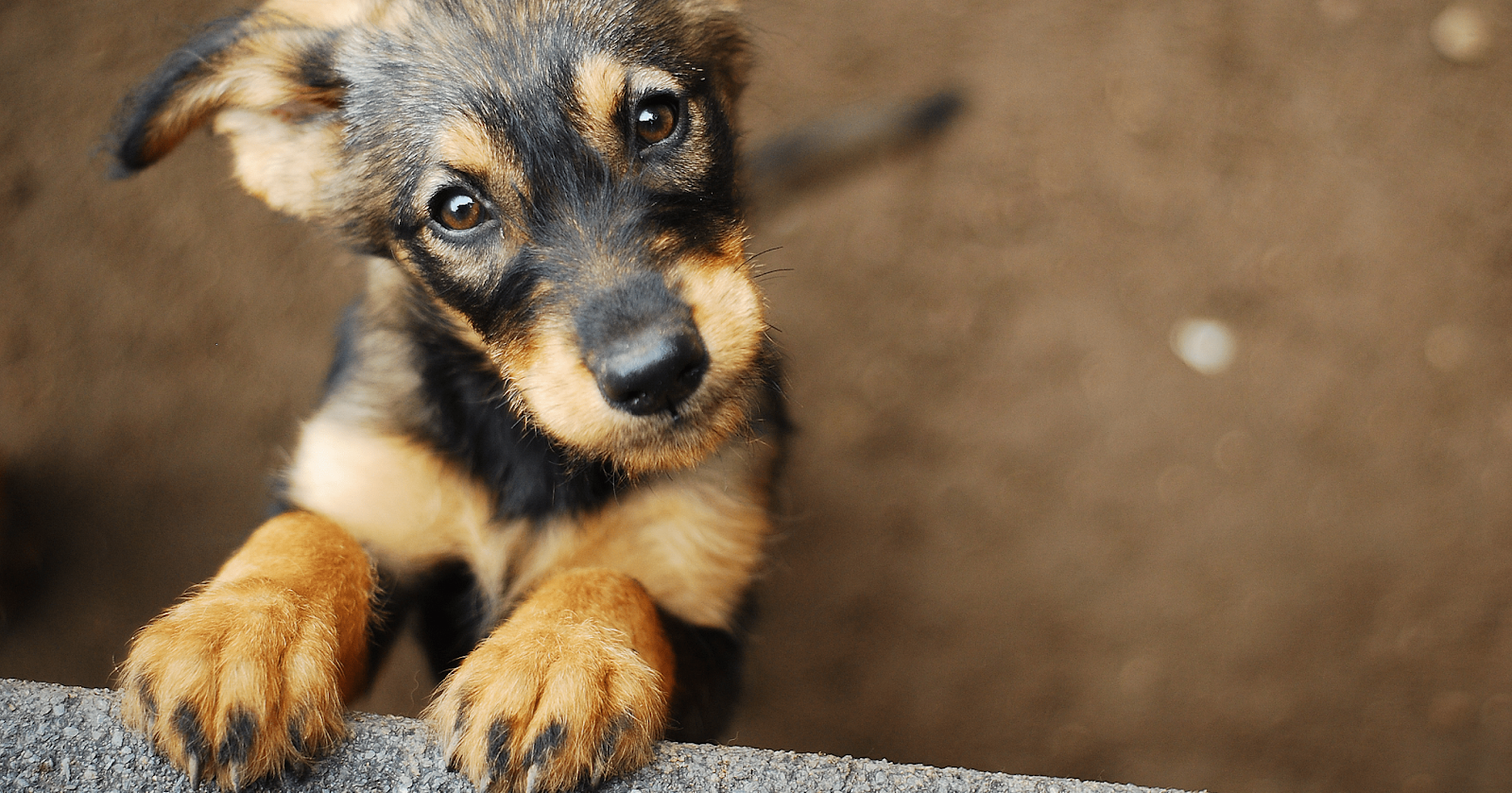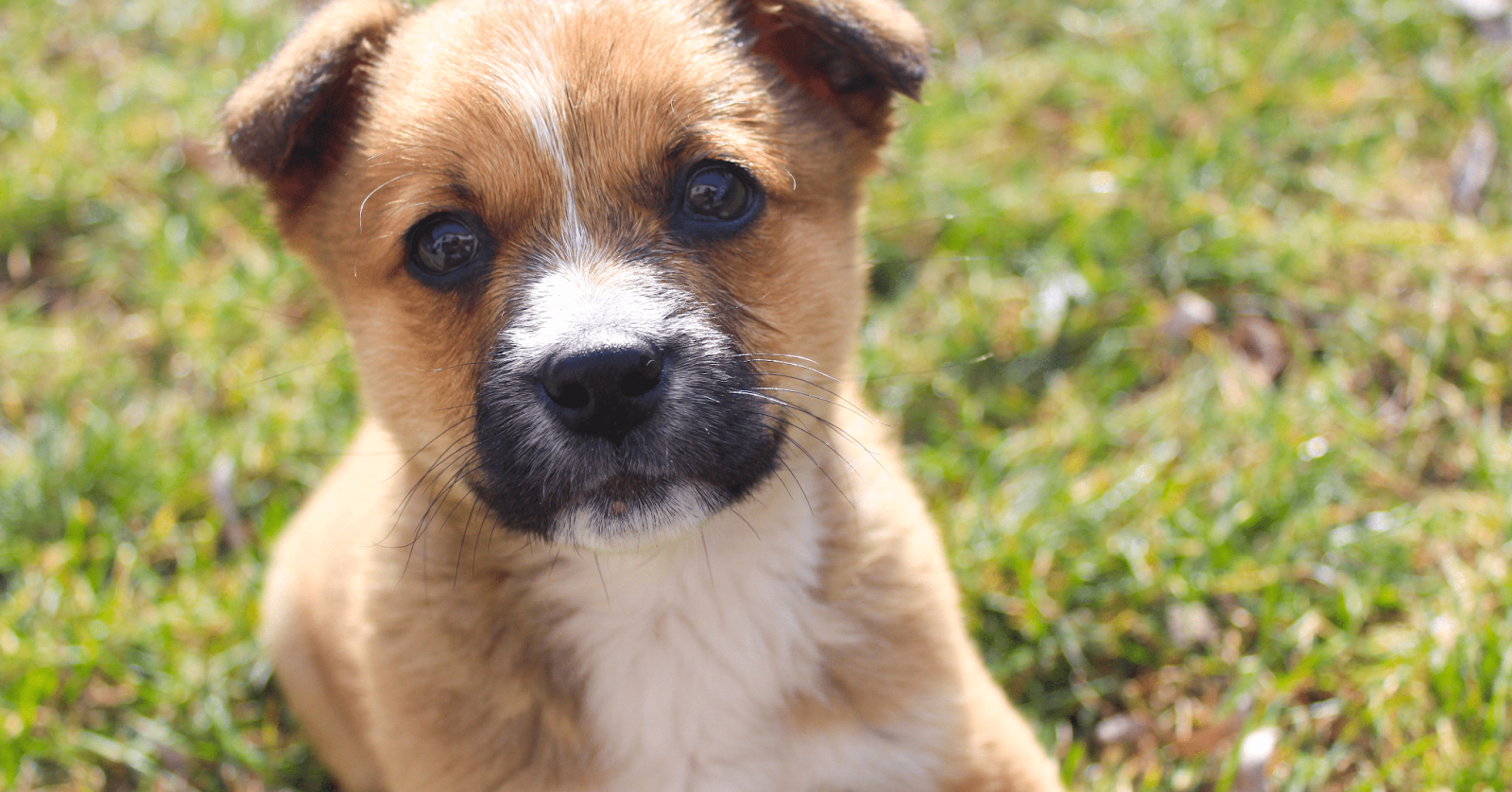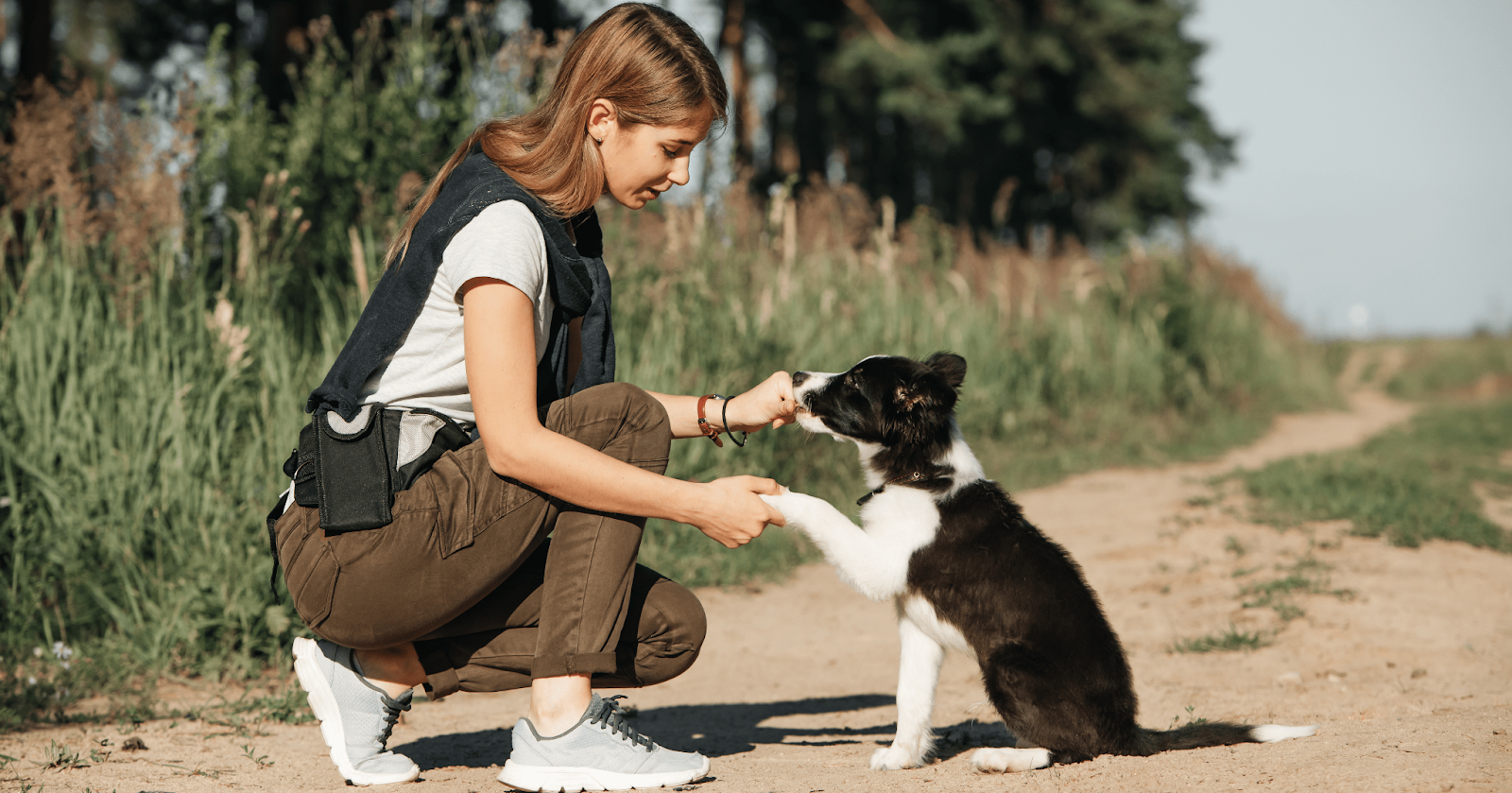Are you considering adopting a puppy? It’s important to be sure you’re able to look after them properly first, whatever life might throw at you!
It is so important to make sure that you don’t buy a puppy in haste – and that you consider all of the implications - both for now, and in the future - that adopting a pet means. Remember:
- You are going to be responsible for their health and welfare throughout their life (depending on the breed, that could be anywhere from around 10-15 years)
- There will be financial implications – food, vaccinations, regular preventative vet checks
- You have to devote time daily to ensure they are walked regularly, socialized, trained and cared for – they will become a loving member of your family!
If you think you’re ready to make that rewarding commitment to making a new furry best friend, here’s a checklist of ‘Dos and Don’ts’ to consider before adopting:

DO….
- Consider you and your family’s daily routine and decide if you will be able to look after a puppy’s needs and give them the attention they require to grow into a well rounded, sociable dog.
- Be confident that a puppy will fit into your family’s lifestyle. Do you go to work all day and then spend the evenings taking kids to recreational activities? Do you have time to spend with a puppy, too?
- Do your research and decide which breed of dog you would like to adopt – if you are looking at a large dog breed, have you got enough room in your home? Or you may be looking for a smaller breed that is likely to want to cuddle up and sit on your lap.
- Think about the demographics of your family – do you have babies in the house, or perhaps elderly people in your home? Or maybe a member of your family has allergies? Training puppies and babies at the same time might be challenging, but dogs can be amazing companions for older people.
- Adopt a puppy from a reputable source. Make sure you visit the breeder/home to check how the puppies are being cared for and socialized. Spend some time with them, watching how the puppy interacts with their canine mother and siblings. This will give you a good idea of their character and personality. Handle the puppy while you’re there so that you can start to get to know each other.
- Before you bring your puppy home, leave an old t-shirt with them so they get to know your scent.
- Prepare your home for the new arrival. Create an area just for them where they can feel safe, and rest undisturbed.
- Have all of their resources ready for them – food and water bowls, blankets, lead and collar, new toys for them to play with should all be on your list. An ADAPTIL Junior collar can also provide support to your puppy as they settle into their new home and learn about the world around them!
- Puppy-proof your home and garden! Consider the hazards that could be lurking around your home and that might be dangerous for a puppy – wires, houseplants, small objects they might want to chew, cleaning products, gaps in fences outside. It’s amazing how puppies can sniff out trouble!
- Give your puppy time to adjust and space to explore their new surroundings, new smells, new routine and of course all the house members.
- Get your puppy into a routine as soon as possible. Establishing a basic routine, like quiet times, playtimes, and when it’s time to go to bed will help them settle into their new home.
- Help your pup learn where they are expected to toilet and regularly take them to that area (but of course don’t punish any accidents which will happen from time to time).
- Start training your puppy – just simple cues like learning to ‘sit’ or ‘fetch’ will soon establish your bond together – and always use positive reinforcement and reward with a treat, a toy or just lots of love.
- Make sure everyone in the house obeys the same rules and cues, and they don’t confuse your puppy by using different ones.
- Use your puppy’s name regularly when trying to get their attention, interacting with them and rewarding them. Breeders often give puppies a kennel name when they are born, but you can change this to one that you think better suits your puppy.
- Find out about local puppy classes, where they can also start to learn basic good behaviour and socialization skills when they meet other puppies.
- Register with a local vet and get your puppy vaccinated. After your puppy has had its vaccinations, they will be able to go out and explore the world with you. Until then, it is safe to take them out as long as they are carried and elevated from the ground so that they begin to experience life outside their home. They can also start to interact with other dogs (like a friend's home) as long as the other dogs have been vaccinated.

DON’T….
- …adopt a puppy on impulse. Be confident that you and your family will have time to welcome them into your home as another family member and that everyone is committed to giving your new pup the best life possible.
- …expect too much from your puppy at the start. Remember that they have just left their canine family and each puppy will learn and settle in at different speeds. Patience is essential!
- …overwhelm them when they first arrive – give them time to settle before you have lots of visitors who want to see them.
- …expect your relationship to be perfect from the start – any relationship needs some time and effort to bloom. Spend time together, do activities and training together and your bond will grow.
- …assume your puppy will naturally get on with other pets in the home. It will take time for them to settle into their new environment, so make sure introductions to other dogs or cats in the house are done gradually. Don’t leave them alone together until you are certain they get on.
- ...forget that your dog needs to be microchipped with the correct contact details and have a tag for their collar, too.
- …change your pup’s diet immediately – instead, keep them on the same food as they were getting when they were with the breeder. Make any changes gradually.
- …assume your pup will grow out of a problem – seek advice to help your pup to avoid the issue becoming more problematic (e.g. not coping with time alone).
- …forget that your puppy is learning all the time! Keep training sessions short and positive and keep practicing.
- …leave your puppy unsupervised in situations that they are not comfortable/familiar with, or when with children.
- …be surprised if your dog goes through an adolescence phase – this often happens.
- …forget that you can also adopt an older dog! Rehoming a dog that has already had some life experience can be just as rewarding – and you might avoid some of the challenges that a puppy brings!

PREPARE FOR A LONG AND HAPPY LIFE TOGETHER
As the saying goes, ‘a dog is for life, not just for.. [lockdown]’. Before adopting a dog, envisage your future life together and the experiences you are going to have – like long walks, holidays, visitors and how you will grow older together.


